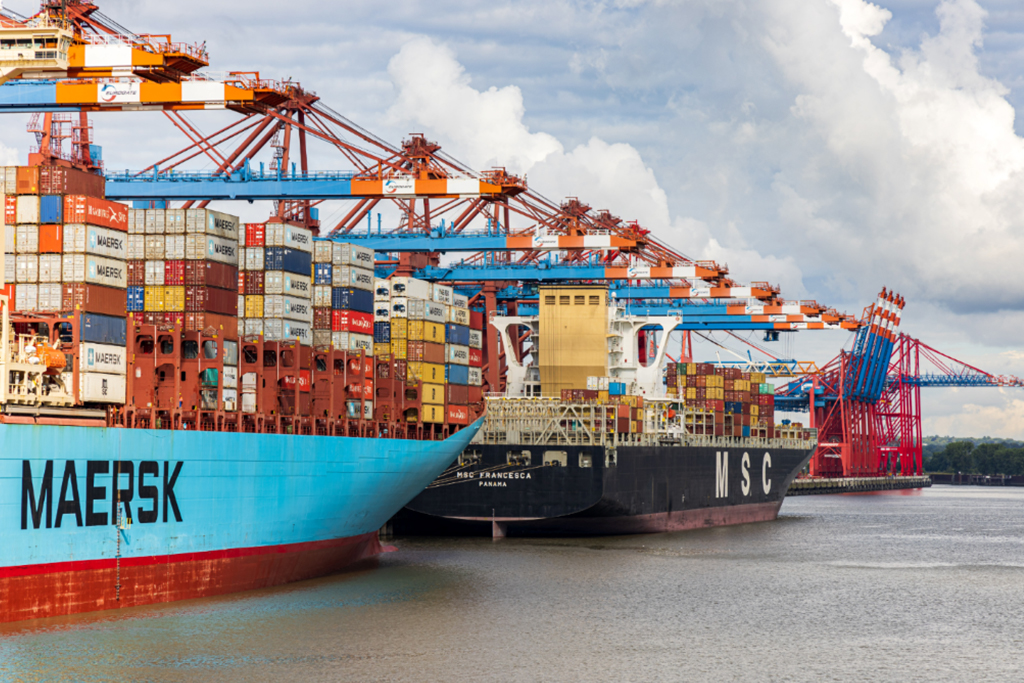Humans will still have a significant role to play in the Fourth Industrial Revolution, despite the advancement of technology. But what they’ll actually be doing in the world of work is hard to predict.
With the World Economic Forum forecasting that by 2025 machines will be performing more work tasks than humans, compared to 71% being performed by humans today, one thing that’s certain is that workplaces all over the world are rapidly changing.
“Jobs are changing so rapidly due to advances in technology that it’s hard for humans to organise themselves and keep up.”
It is predicted that the rapid evolution of machines and algorithms will replace around 75 million new roles between now and 2022. But in return around 133 million new positions could also be created.
However, these workers are going to need a very different skill set compared to what they have today. According to Harari, the biggest problem for employers and employees will be retraining. People will have to learn to reinvent themselves time and time again.

This is because AI is nowhere near its full potential. The way technology is developing, the speed it is advancing and the potential it has to touch all corners of our lives, means we’re not going to sit through just one revolution. We should expect a constant and extended period of change.
Hurari says this will be the same for the job market. “It’s going to go through a cascade of ever bigger disruptions.”
That is why he says, “we need to rethink our approach to what is a job and what is a worker.”
Gone are the days when you could pick a career path and stick to it. But the good news is that with smart policies and lifelong learning we can help make flexibility work for everyone.
Read more
By 2030 We Will Need To Reskill One BIllion People


